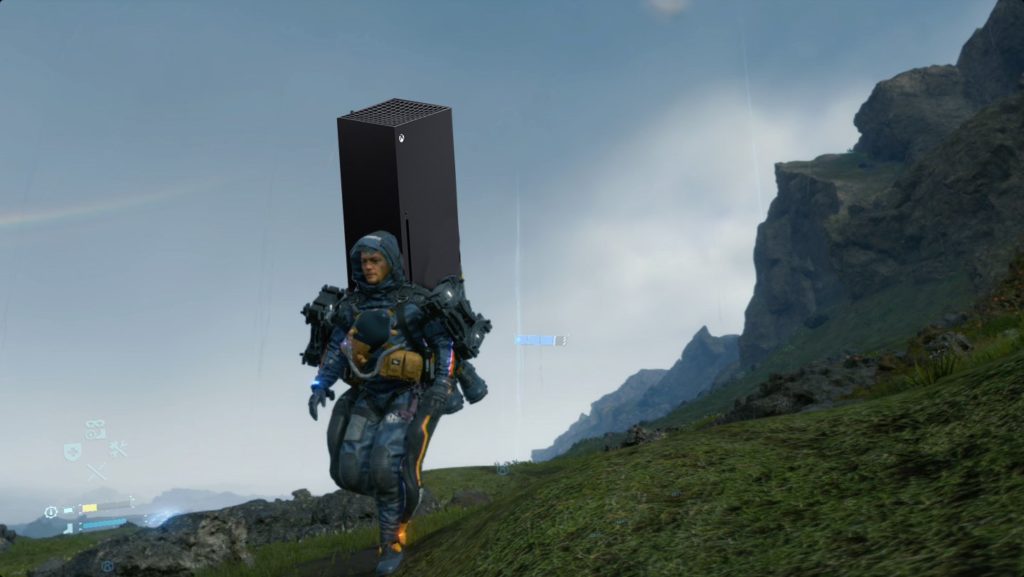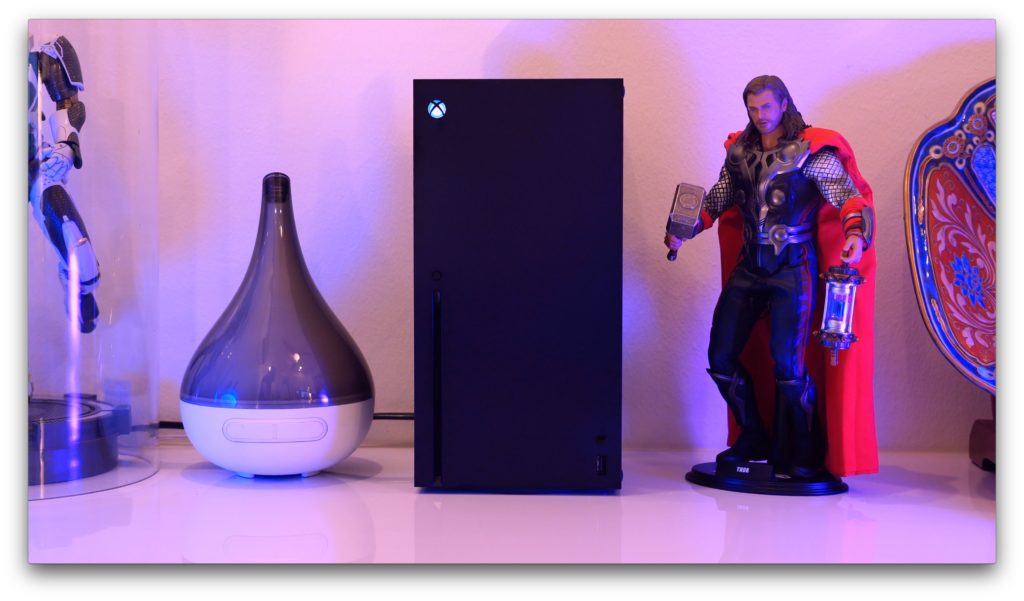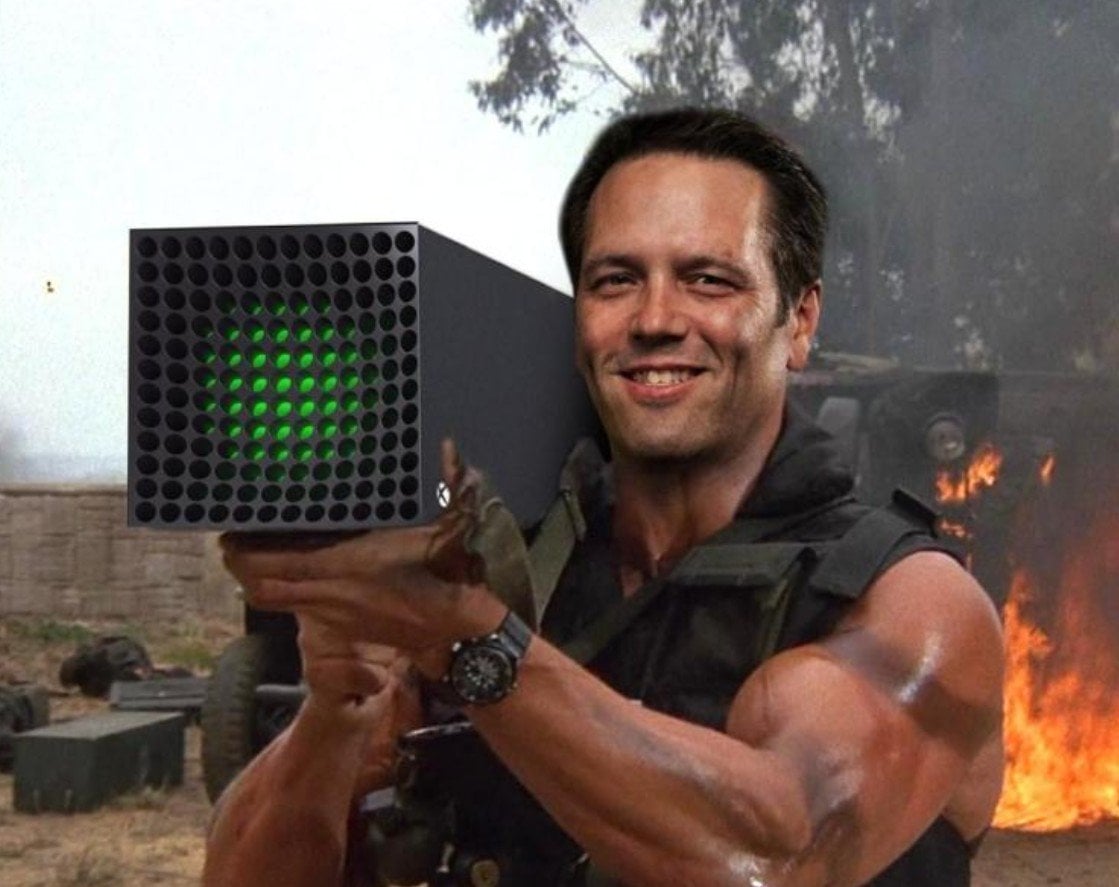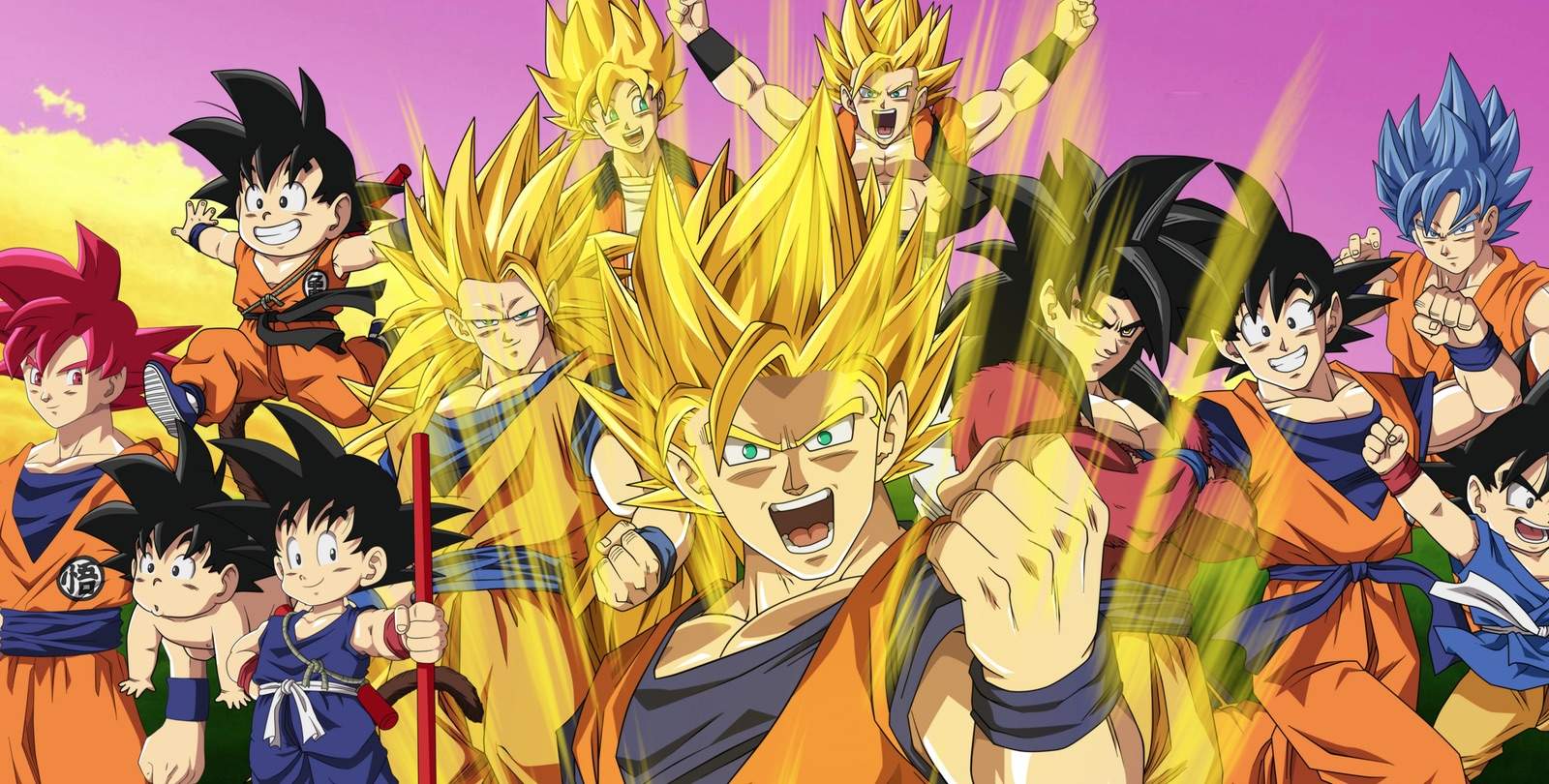For decades, the gaming industry has been defined by exclusivity. Whether through flagship franchises or unique experiences tied to specific consoles, exclusives have long been the driving force behind hardware adoption. PlayStation has The Last of Us, God of War, and Spider-Man, among many others; whereas Nintendo remains steadfast with The Legend of Zelda, Mario, Metroid and Pokémon. Microsoft, in turn, leverages Halo, Gears of War, and Forza as primary pillars. The notion of exclusives driving users to grow platforms has been the de facto principle for ‘affordable’ home gaming since the Magnavox Odyssey. However, the tides have changed and the current generation of consoles is painting a very different landscape for what remains viable in the ever shifting video games space. Although exclusivity certainly has a place, game studios and developers have to work much harder today in order to capture gamers who are spoilt for choice (or as Microsoft would argue, the lack thereof). This is where Xbox shifting its strategy comes into play, with Microsoft clearly ‘reading the room’ and leading the charge towards a different kind of exclusivity — one no longer rooted in hardware, but rather in subscription and cloud services.

A New Era of Gaming Access
Microsoft’s acquisition of Activision Blizzard King was more than just a move to bolster its first-party Xbox lineup; it was a clear indication of its long-term video games content strategy. Despite much of the negative online rhetoric from “Xbox fans” about the company going multi-platform, they have made it clear how hardware – Xbox consoles – are still very much part of the company’s future gaming ecosystem. With that said, they have also been upfront about fundamentally altering the way exclusivity functions in terms of first party content. Instead of restricting access to a single platform, Microsoft is embracing a multi-platform publishing model where home grown titles can be purchased pretty much wherever someone chooses to play games (whether on PlayStation, Nintendo, Steam, the Epic Games Store etc).
This shift is significant. It is the first time one of the major three video game companies is choosing to purposefully release titles they craft on competitor hardware. Simply put, Microsoft is no longer interested in forcing players to buy Xbox consoles in order to experience its first-party games. With that said, the big green absolutely still wants gamers to be part of their ecosystem, and this is where Microsoft currently has the edge – perhaps even the lead – over its direct competitors.
Instead of focussing on hardware as the metric for entry and success in the video games landscape, they are pivoting toward creating an ecosystem where Xbox Game Pass is the primary gateway to accessing the company’s vast gaming catalogue. Players can still purchase games outright on competing platforms, but the most cost-effective way to access Microsoft’s entire games library remains through its subscription service. This approach ensures the company benefits from software sales across multiple platforms while simultaneously positioning Game Pass as an essential service; even alongside any future Xbox hardware. When viewed from this perspective, especially considering how Xbox Game Pass does not yet have a clear rival, it places Microsoft in a very unique and fortuitous position within the video games industry.

The Rise of Subscription-Based Exclusivity
The video games industry has already seen a gradual move towards subscription-based models. Services like PlayStation Plus Extra, Ubisoft+, and EA Play offer extensive libraries for a monthly fee, yet none have reached the scale or accessibility of Xbox Game Pass. In this way, Microsoft has essentially built its ecosystem around the idea that accessibility matters more than hardware sales. With Xbox Cloud Gaming allowing players to stream games across multiple devices, including smart TVs and mobile phones, Microsoft is prioritising engagement over platform restriction. It is this change, in particular, causing most of the online discourse around Xbox’s current and future plans.
Interestingly, this model mirrors the shift seen in the entertainment industry. Services like Netflix and Disney+ no longer rely on physical media sales, instead focussing on content availability within their own ecosystems. Microsoft’s strategy with Xbox Game Pass follows the same principle – while games will remain purchasable elsewhere, the most accessible and cost-effective way to play will be through Xbox’s subscription platform.
What This Means for the Future of Gaming
The video games industry is constantly in flux, much to the detriment of many game developers. The ever evolving landscape means companies need to remain forward thinking. Hence why this particular transition from hardware maker with exclusives through to subscription platform with exclusives is becoming apparent across the industry and is not solely something Microsoft is doing with Xbox. Sony has already begun expanding its reach, bringing PlayStation exclusives to PC, enhancing PlayStation Plus with a more robust catalogue, and even allowing the PlayStation Portal to stream already owned titles without needing a PlayStation 5. Ubisoft and EA continue to push their subscription services as well, recognising the value of a recurring revenue model during a time when first party AAA titles may cost upwards of USD $200-million to produce. The industry as a whole is moving towards a future where subscriptions become the primary method of accessing games and generating income, regardless of the hardware used to access and enjoy the content.
There is one major exception to this seemingly forward thinking trend: Nintendo. The company remains an outlier, relying on traditional exclusivity to drive hardware sales. Given Nintendo’s strong first-party lineup and distinct hardware approach, there is little incentive for it to shift strategies – at least for now. Although the original Switch has served the company well – releasing at a time when handheld computers were only a pipe dream – the reality of the market today could spell trouble for Mario’s future; especially with products like the Valve SteamDeck and Asus Rog Ally (among many others) clearly on the rise in both popularity and affordability. This means the Switch 2 will have some serious competition, especially if Microsoft adapts Xbox Games Pass to be more present on portable PC hardware. Simply put, for Microsoft, Sony, and third-party publishers, the future is clear: exclusivity will no longer be defined by hardware, but by service ecosystems.
Gamers Must Adapt to This Reality
Many gamers remain attached to the traditional model of exclusivity, but it is time to acknowledge the industry is changing – and fast. The days of needing a specific console to access exclusive games are fading. Instead, platform holders will focus on creating value within their ecosystems, ensuring players remain engaged through subscriptions and digital services. Whether the change is welcome or not is arguable, what is not is how this is certainly the way the industry is moving forward – for better or worse.
Microsoft’s shifting strategy is not about abandoning Xbox consoles. Rather, it is focussed on ensuring Xbox as a brand remains relevant regardless of the hardware present in the market. Whether through Xbox Game Pass, cloud streaming, or multi-platform releases, the company is building a future where access takes precedence over platform restrictions. Exclusivity is evolving, and Microsoft’s Xbox is simply the first to fully embrace the change.
Owner, founder and editor-in-chief at Vamers, Hans has a vested interest in geek culture and the interactive entertainment industry. With a Masters degree in Communications and Ludology, he is well read and versed in matters relating to video games and communication media, among many other topics of interest.





















